The Hawaii State Legislature passed many laws during its 2021 Legislative Session that are relevant to condominium and community association law and the residents that these laws represent.
PMK Partner Laree McGuire summarizes the most significant:
SB 329 makes it easier for condominium boards to dispose of unclaimed personal property that was abandoned in common areas. If the board knows who left it and their address, they must provide 30 days’ notice through certified mail of its plan to sell, store, donate, or dispose of the property. If the board does not know the owner, they are allowed to do away with it immediately.
Also, because of this law, boards no longer must publish a plan to dispose of or sell the abandoned property. If the board receives any money from the sale, it still needs to hold the money for a known owner for 30 days, but if unknown, the proceeds immediately become association property.
SB 186 HD1 CD1 reflects the legislature’s ongoing intent to prohibit homeowners’ associations from passing restrictive rules that disallow residents from conducting bona fide agricultural uses on agricultural land.
Previously, homeowners’ associations had sought to circumvent this requirement by renewing agricultural restrictions that existed as of July 8, 2003, claiming that the renewed terms were exempt from the law even though those agreements may have expired after 2003.
This law clarifies that “renewed” contracts that restrict agricultural uses are considered new contracts and are therefore voidable, providing owners more opportunities to disregard restrictive covenants, strengthening the state’s intent to keep agricultural land available to promote diversified agricultural and agricultural self-sufficiency.
HB 247 SD 2 mandates that condominium projects in agricultural districts with more than five units must include a statement of the applicant’s assessment and the county’s comments regarding what type of supportive infrastructure is available, the potential impact on government plans and resources, sensitive environmental resources, and any other county requirements. It also mandates that the developer include a public report verifying that the project will not restrict agricultural activities.
SB 1387 requires dog and cat owners to microchip their pets but exempts animals that are part of a “designated management program” such as a cat colony. Although Governor Ige vetoed the bill, the Honolulu and Kauai counties already have microchip requirements, therefore, in those counties, it may be appropriate to add this requirement to house rules and/or as a condition of granting requests for so-called “reasonable accommodation.”
HB 599 HD 1 SD 1 CD 1 allows condominium associations to use electronic meetings, and electronic machines or mail voting during a local or county state of emergency.
SB 474 HD2 CD 1 requires real estate sellers to disclose whether a property lies within the sea level rise exposure area. It was passed to address the threat posed by climate change to the state’s economy, sustainability, security, and its residents’ way of life, and to ensure that potential buyers know that property that lies within a sea-level rise exposure area may be affected over time.
HB 1142 HD2 SD2 CD 1 affirms the legislature’s intent to facilitate a transition to electric vehicles. It also expresses concern that owners of parking lots in public spaces with 100 or more stalls are not always following the state’s mandate to provide one electric charging station, and many that do exist are in disrepair.
While the law acknowledges that association properties are not technically places of “public accommodation,” and it stops short of mandates, it is an effort to ensure all associations are aware of the legislature’s determination to facilitate the transition to electric vehicles.

